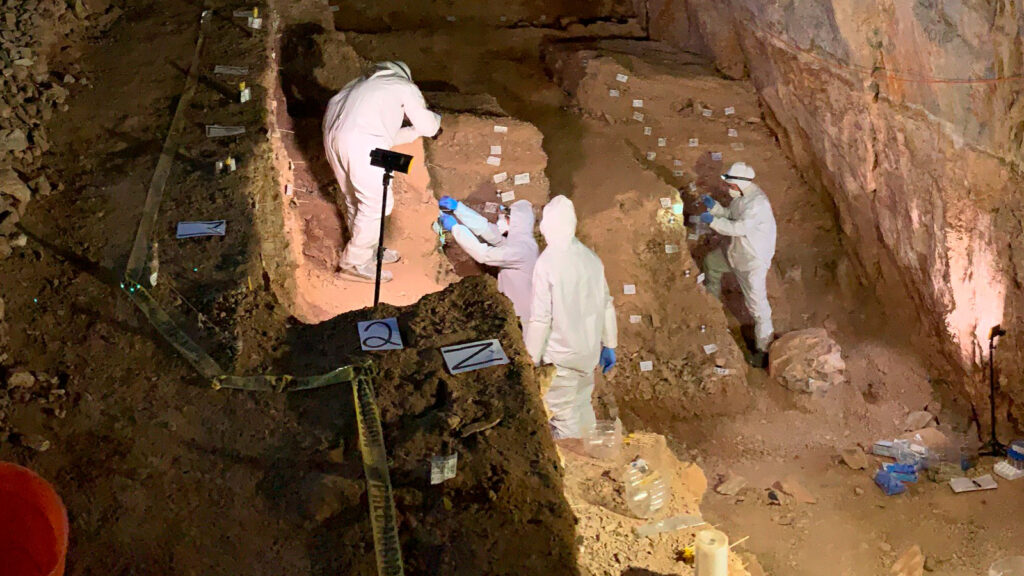
Centre for Ancient Environmental Genomics (CAEG)
Center leader:
Eske Willerslev
Period:
May 2023 - April 2029
Application round:
11th Round
Host institution(s)
University of Copenhagen
Grant:
75 million DKK
Genetic diversity is a prerequisite for a species to adapt to a changing environment and ultimately fundamental for ecosystem resilience to environmental disturbances. The goal of the Centre for Ancient Environmental Genomics (CAEG) is to use ancient environmental genomics to improve our understanding of ecological and evolutionary processes across great distances of space and time and ultimately provide pivotal knowledge for biodiversity preservation and climate change mitigation strategies.
Since the origins of life, ecosystems have changed. Fossil records show that many previous species and much of the genetic diversity have been lost from present-day ecosystems. While fossilized remains can inform us about individual species, billions of ancient environmental DNA (eDNA) fragments can be recovered from just a single gram of sedimentary deposits and provide information on the myriad of organisms that coexisted at a given time and place. Gaining access to this information can allow us to reconstruct past dynamics of complex biological systems in unprecedented detail, from individual genes to species and populations, to entire ecosystems at temporal and spatial scales going thousands to millions of years back in time.
In principle, most sedimentary deposits across the globe are sources of eDNA, but new methods are needed to unleash this potential. CAEG will build a core facility to expand the range of source sediment types accessible for eDNA extraction and develop new mathematical and statistical algorithms to address fundamental questions about changes in the functions and dynamics of species and ecosystems over time. The core facility will be accessible to the scientific community.
